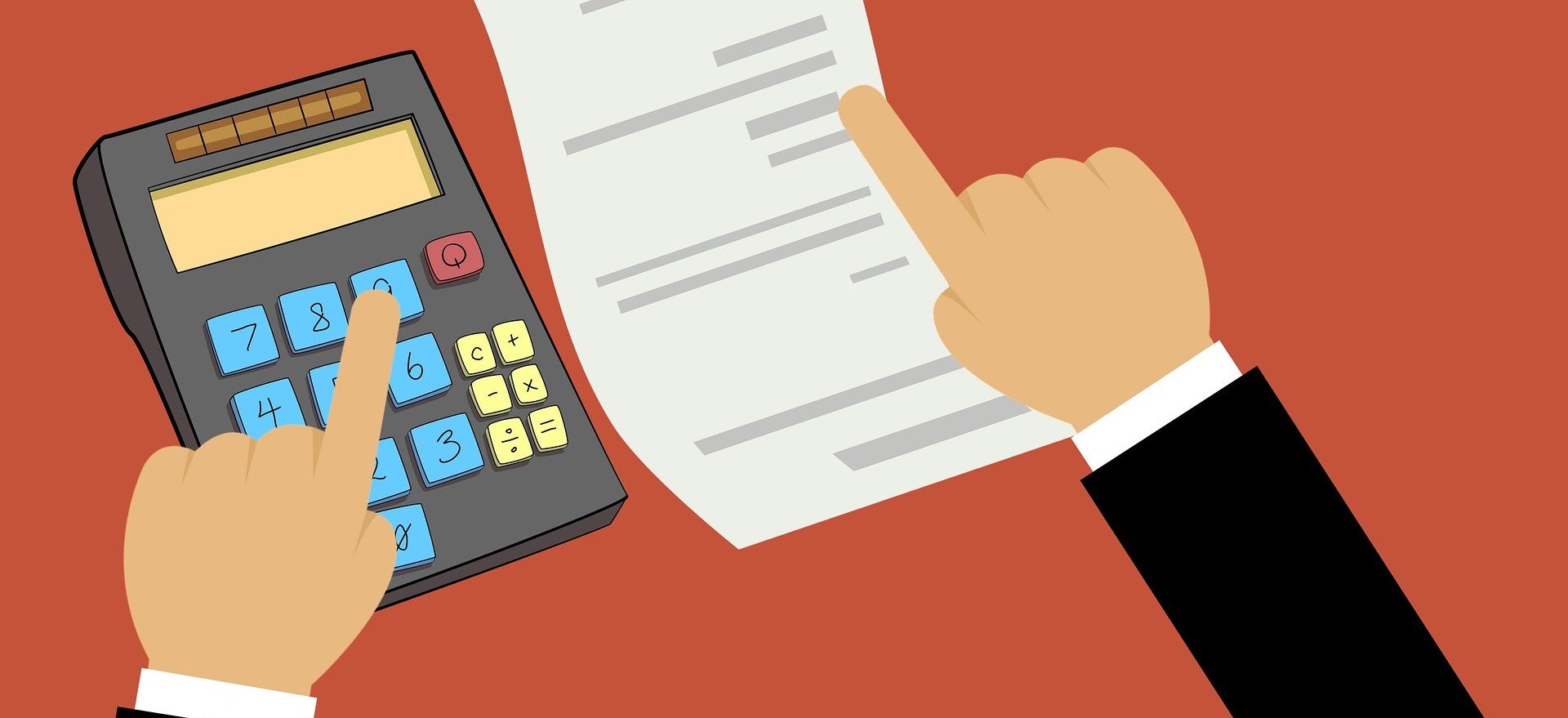What you can (and can’t) claim back on expenses incurred before your limited company was opened
Posted on 28th July 2022
With so many people starting their businesses as a small side-hustle while they’re still employed, or even just a way of making their own extra stream of income while their partner or spouse is the breadwinner of the household, many business owners don’t go into business with the intention of forming a company.
So many successful business owners started out by just wanting to give it a go, and didn’t realise that they’d end up running scalable, highly profitable businesses. While you may not end up as a self-made multi-billionaire like Richard Branson (whose start-up capital was around just £300!), it’s more than possible to replace - or even exceed - your income from your employed job by running a business instead.
When this happens, of course it’s time to celebrate - but once you hit a certain profit level, it’s worth looking into incorporating a limited company so that you can benefit from certain tax breaks and the legal protection you’re afforded when your company is a separate entity to you.
As it is most often the case that people start to set up their business and incur costs as sole traders, you may have to take the hit and swallow some of these costs yourself. However, certain other costs can be classed as legitimate business expenses, and can be claimed back.
So, what start-up costs can you claim back?
These are some of the typical costs you may incur as you establish your new company that can be claimed against your corporation tax:
Laptop and software
Personal services, such as an accountant or lawyer
Website domain, hosting, design and build
Advertising, logo and graphic design, social media and PR
Business cards, stationery, printing and postage
Business related phone bills
Office space
Insurance, including public and employer’s liability, professional indemnity, contents insurance and vehicle insurance of a company vehicle
Vehicle repairs, tax and servicing for a company vehicle
Business related travel and parking costs
Hotel accommodation and reasonable subsistence costs if an overnight stay is necessary to the business
Bank charges on your personal account and loan interest
It’s important that even during those exciting (and hectic!) first few months of establishing your business that you keep a hold of all your receipts and track any online purchases that relate to your new company. Ensuring you have this evidence will mean that you can submit a tax-deductible expense claim.
It’s worth noting that if you're using your home as an office, you can claim a percentage of your lighting, heating and metered water costs. Check the HMRC rules around this, as there are some limitations.
There are some rules to remember before diving in and claiming for everything possible, though
HMRC’s wording for a legitimate, and therefore tax deductible, expense is that it must be wholly and exclusively necessary for the everyday running of your business.
The rules state that you can offset valid pre-incorporation expenses against your corporation tax liability for up to seven years before your company is incorporated
An exception to the above rules are training courses, which you cannot reclaim until after your limited company is trading
If you become a VAT registered limited company, you can reclaim the VAT element of any items purchased for the business in the four years before incorporation and any professional services received for up to six months before.
The one-off cost for company formation cannot be claimed against your tax, but if you paid for it yourself as the company director, you can reimburse yourself from the business as a one-off expense.
You must not make any purchases in the name of your company until after it’s been incorporated with Companies House.
The tax treatment when purchasing a car through your limited company depends on how it is financed. If you take out a loan or hire purchase, only the interest payments are an allowable expense. However, you can claim capital allowances for the cost of the vehicle, which can reduce the company’s taxable profit.
A van that is solely used for business purposes and is purchased through your limited company is classed as plant and machinery, therefore it qualifies for 100% capital allowances under the annual investment allowance regime.
Items such as company vehicles, computers, printers and office furniture, which are for business use only, are known as plant and machinery. These are classed as assets, which again, may qualify for capital allowances under the annual investment allowance regime (as above).
Costs you can’t claim back
You must always bear in mind the HMRC’s wholly and exclusively necessary for business rule when claiming expenses as tax relief.
You cannot claim for an expense that has a dual purpose for business and personal use. For example, if you extend a business trip to include a weekend away, you must only claim for the days you were on that trip specifically for work.
When claiming for the cost of your phone calls using your personal mobile phone, you must differentiate clearly between business and personal use. It’s recommended that you take on a separate phone contract in your business name instead.
General expenses you can’t claim for include home to work journeys as this is classed as commuting, client entertainment, and anything for personal use.
If you’re still in any doubt about which company setup costs you can and can’t claim for or which tax relief applies to them, please contact us and we’d be more than happy to assist you!

Written by:
Nicola J Sorrell - Effective Accounting
Founder | Xero Champion | IR35 Expert
Tagged as: Expenses, For - Limited Companies
Share this post:



